In this month’s regular column from CEJA (European Council of Young Farmers), Massey Ferguson speaks to Matteo Bartolini, CEJA President, about the food supply chain and its impact on farmers and consumers.
MF: How does the nature of the food supply chain affect farmers?
MB: The food supply chain is an issue of great importance in agriculture, particularly in Europe. In recent decades, the lengthening of food chains and the requirements demanded by processors and retailers alike have led to a substantial decrease in the bargaining power of farmers. One example of this of which I am sure you have all heard is milk. It has reduced many farmers in the European Union (EU) to being price takers rather than price makers. It is both extremes of the food supply chain - the producers at one end and consumers at the other - who lose out the most due to this model, with the strongest middle men reaping the most profits. This must change if the agricultural sector is to continue to be attractive to young people.
MF: Are there any changes afoot?
MB: Direct selling is a new type of supply model which is becoming increasingly popular in some European regions to the benefit of both producers and consumers. Direct selling is as short a food supply chain as you can have, where farmers themselves sell their produce directly to consumers via their own farm shop or collection at the farm, by delivery or at local markets. This leads to significant added value for these farmers. It cuts out the long list of middle men who were previously forcing prices upon them and keeping the profits for themselves. Furthermore, by doing their own branding, marketing and selling, farmers can increase the profitability of their products.
MF: How does direct selling benefit consumers?
MB: Direct selling benefits consumers just as much. It guarantees accurate information about the product, particularly of its traceability, and enables direct contact with the producer.. The consumer is also likely to be able to enjoy the very, freshest produce for a very competitive price.
Such direct selling also benefits society and farming as a whole. It increases knowledge about farming and local produce and promotes the benefits of farmers’ markets, farm shops and the higher quality of fresh farm produce. Bringing the farmer closer to the consumer sensitises both parties to the others’ wants and needs, as well as increasing pride in local and regional specialities and production.
MF: What role are young farmers playing?
MB: Direct selling is of course, where possible, a great opportunity for farmers of all ages. However, young farmers seem to be particularly innovative in this area, quite possibly because many of them have studied marketing or other business-related courses, and understand what is required of them. They also have the ability to use innovative communication tools to speak directly with their buyers, particularly in terms of social media. Social media tools can be great for marketing your own produce, but they are also great for bringing the consumer closer to the farmer and spreading yet more information about the advantages of local produce, direct selling and farmers’ markets. All of these are readily available to the younger generations of farmers who are able to make excellent use of it. I myself use many of these tools on my truffle farm in Umbria.
MF: How important is bringing producers and consumers closer together?
MB: I believe it is essential in order to ensure the sector is financially attractive to young people but also to help raise awareness of the same issues which CEJA communicates from Brussels. This includes subjects such as the ageing farming population and the need to support European farmers because of the public goods and added value they provide to the rest of society.
MF: What can be done to highlight these issues?
MB: CEJA has done an excellent job over the last few years on many of these aspects, in particular with communication campaigns such as Future Food Farmers. However, nothing compares to a direct conversation between a farmer and a consumer – whether it be at a farmers’ market or on Twitter or Facebook. It is time to shape the policy framework to facilitate shorter food supply chains in the EU in order to increase the bargaining power of producers and benefits for consumers. The European Commission has made progress on this aspect and as young farmers we are eager to follow-up on such an initiative. It is essential that we improve communication on the advantages of European high-quality, diverse and safe food production, and why farmers deserve public support for the hard work that they do.
If you would like to get in touch with Matteo Bartolini or CEJA, email allusers@ceja.eu


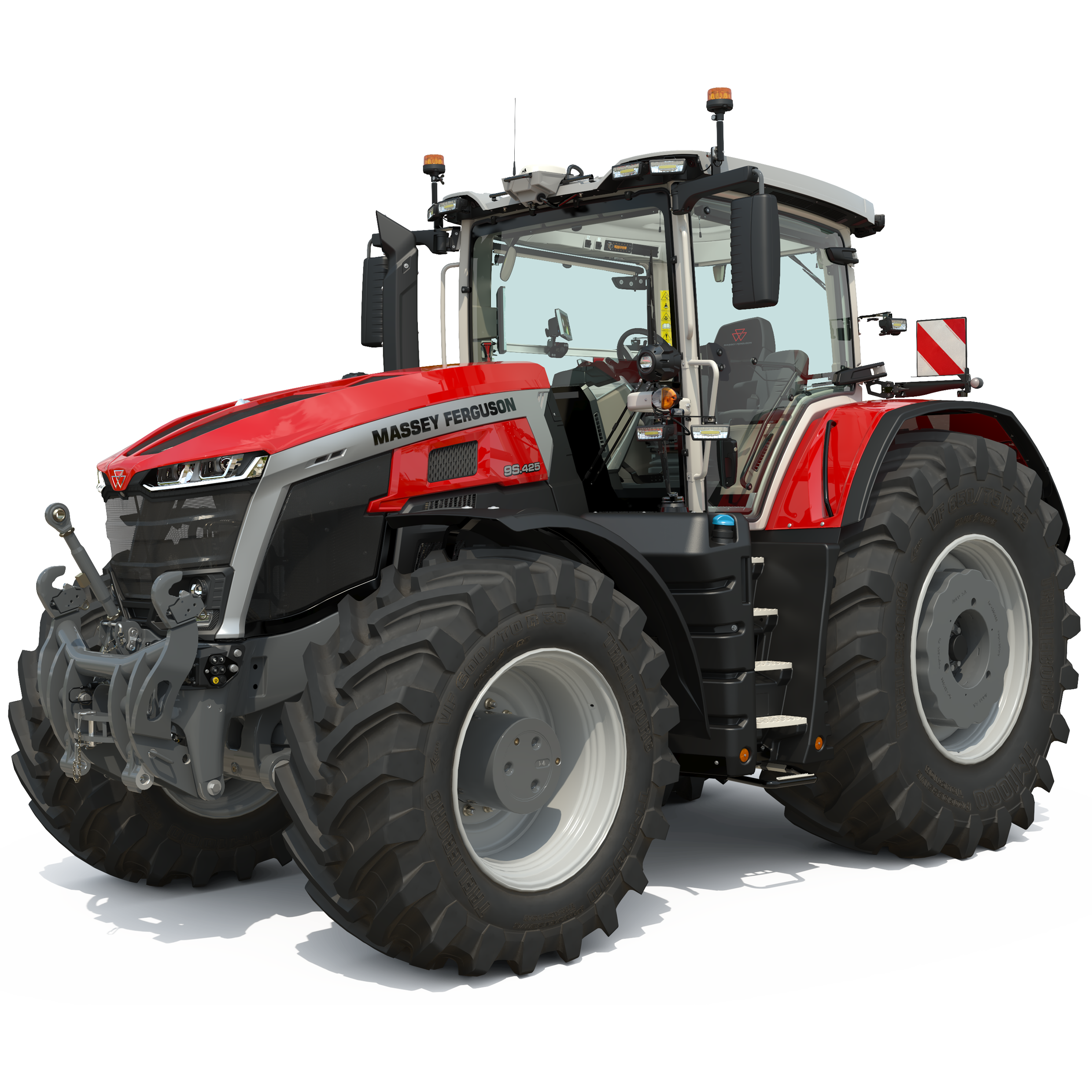

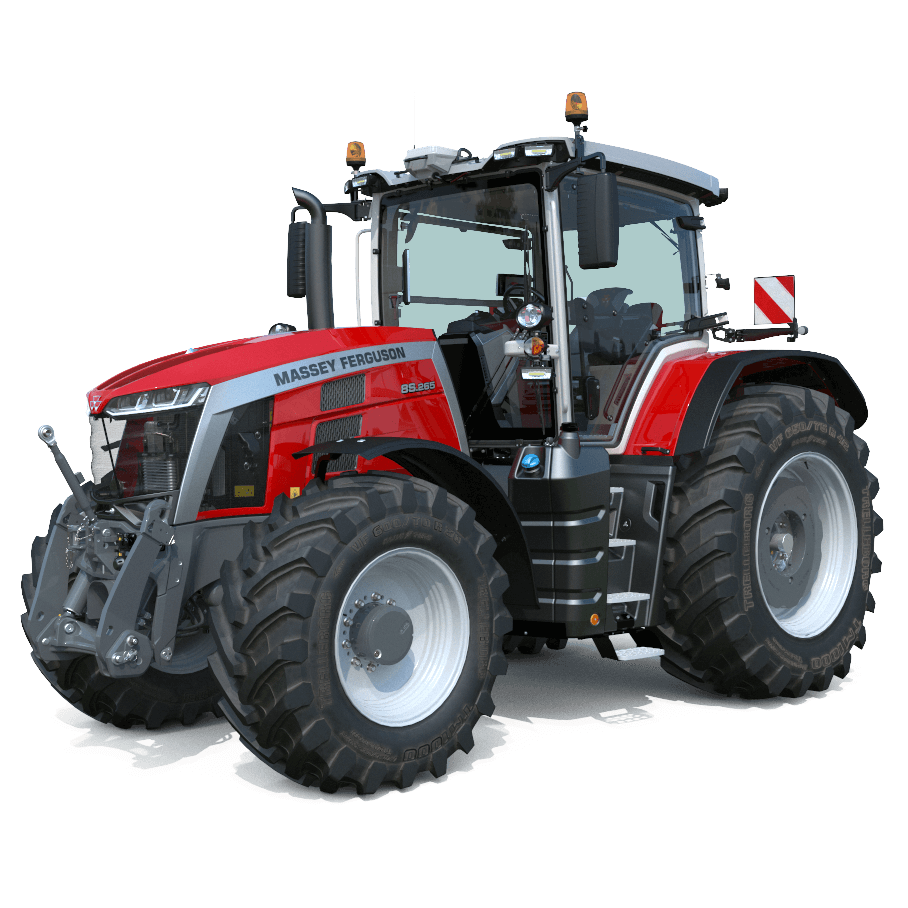







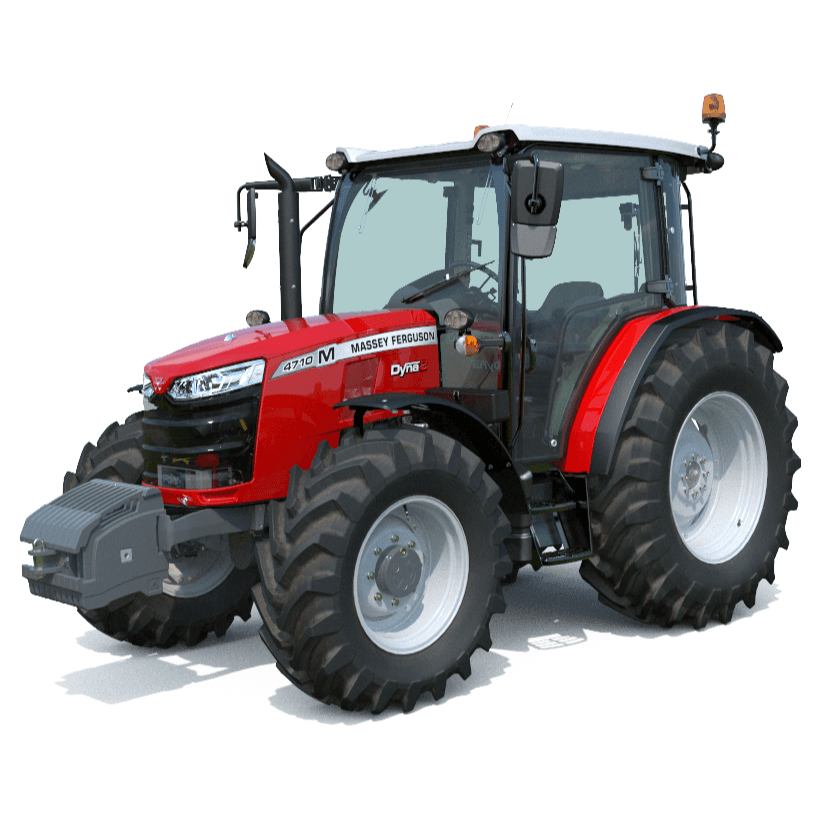



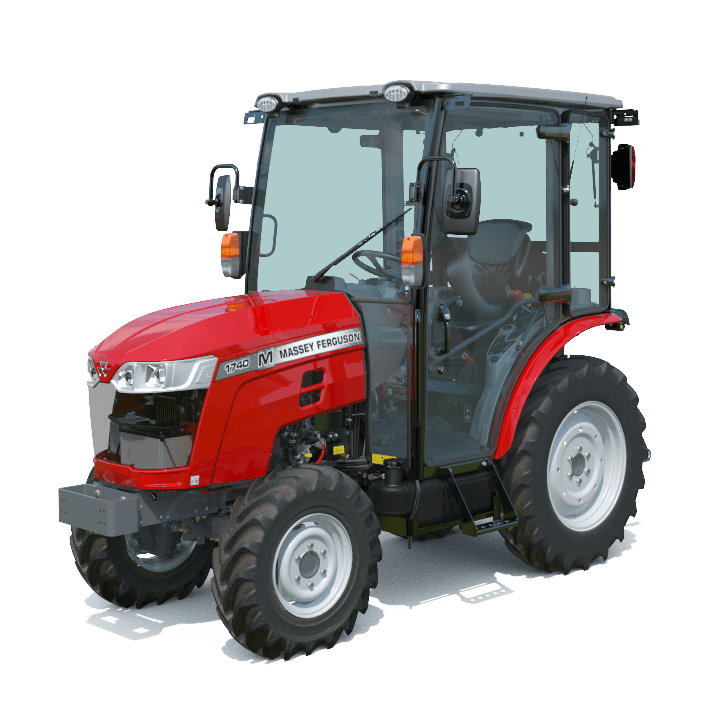


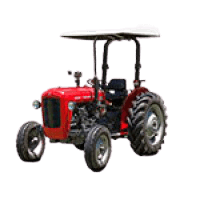
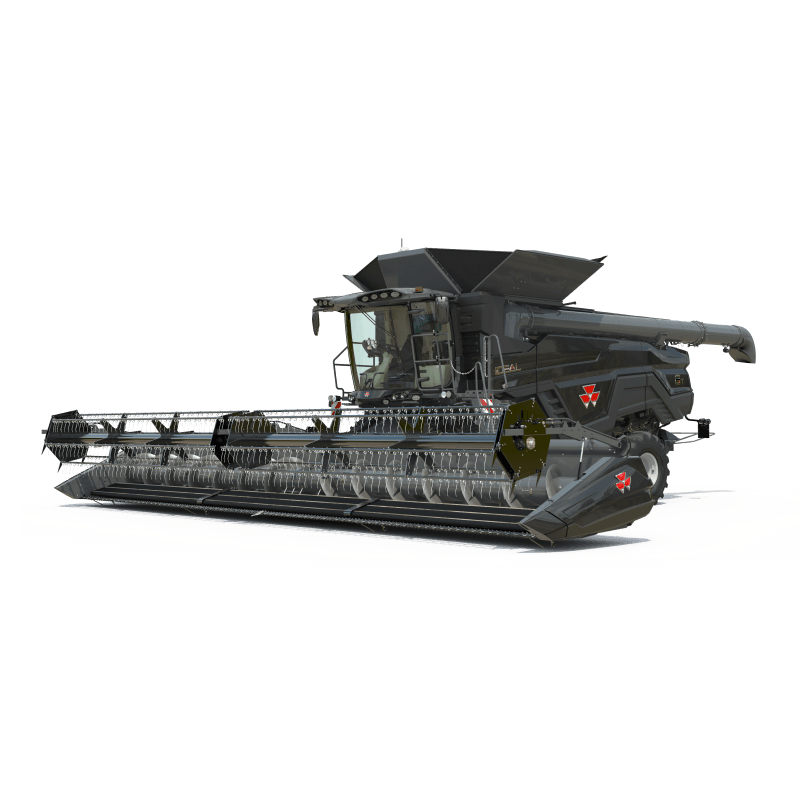
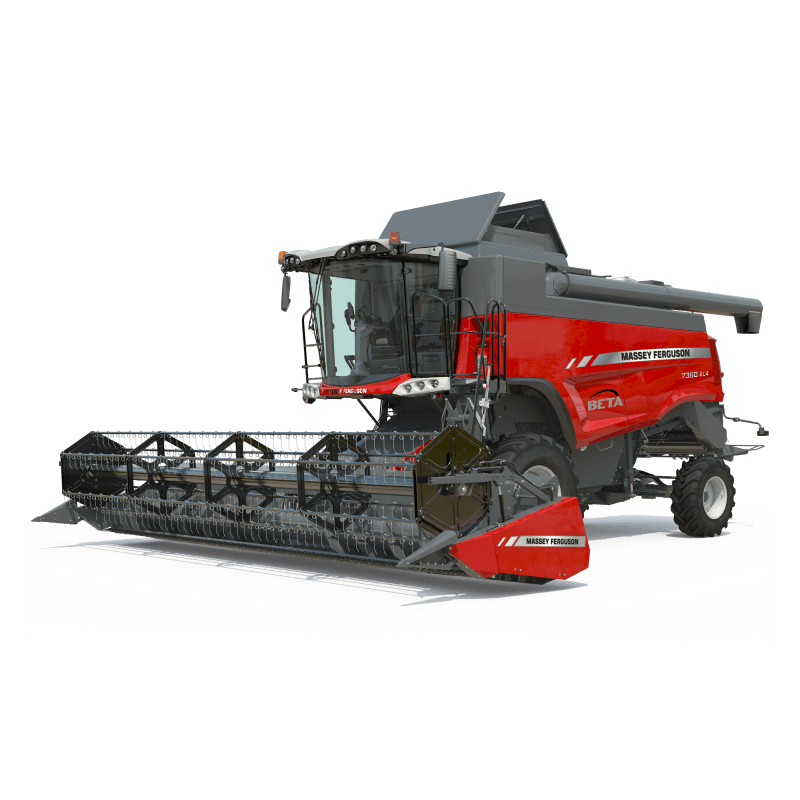
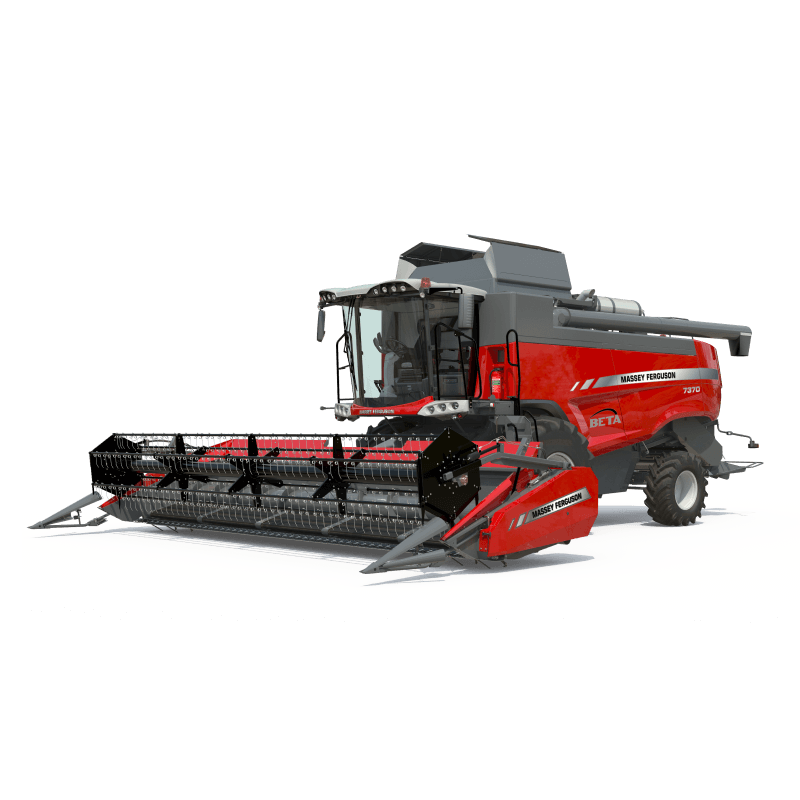
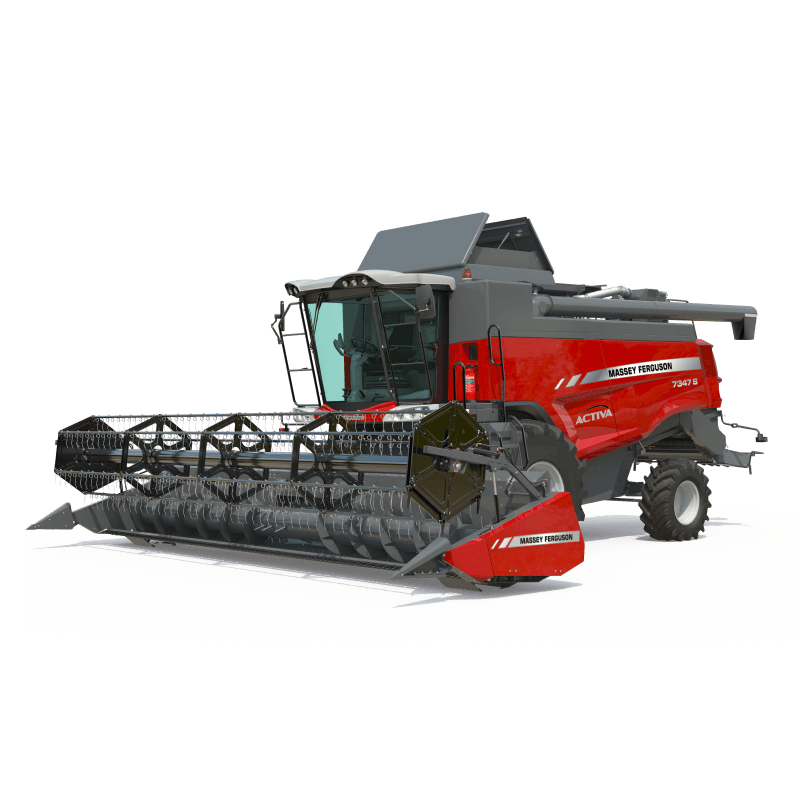
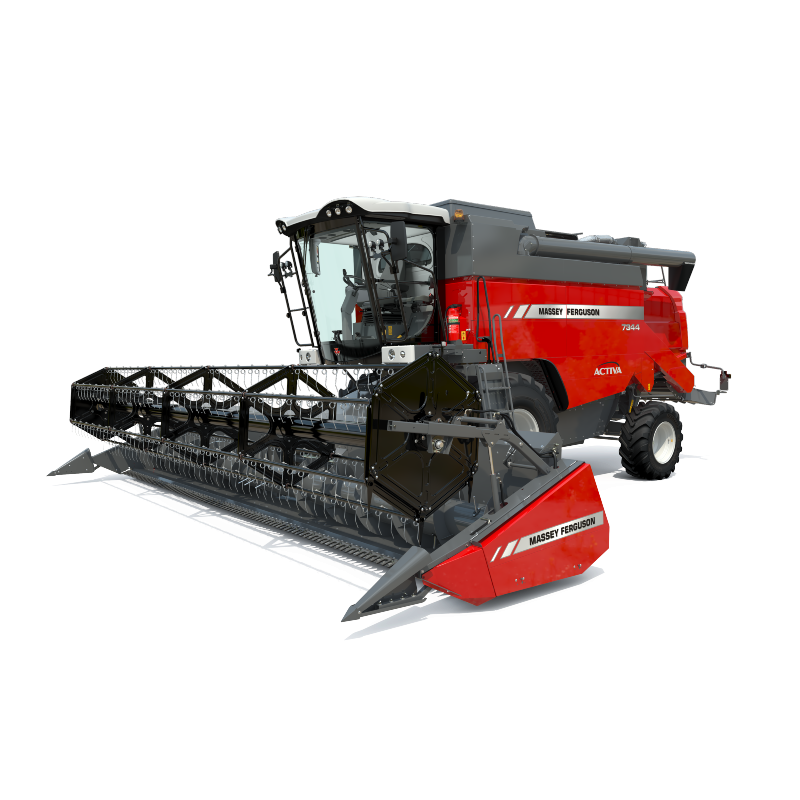

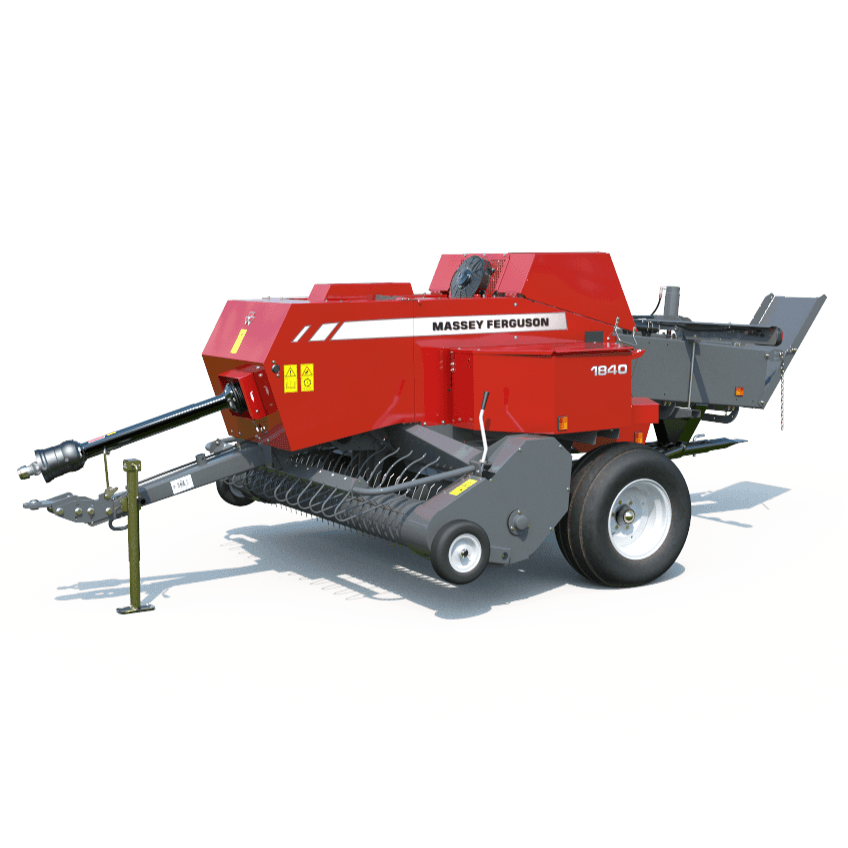
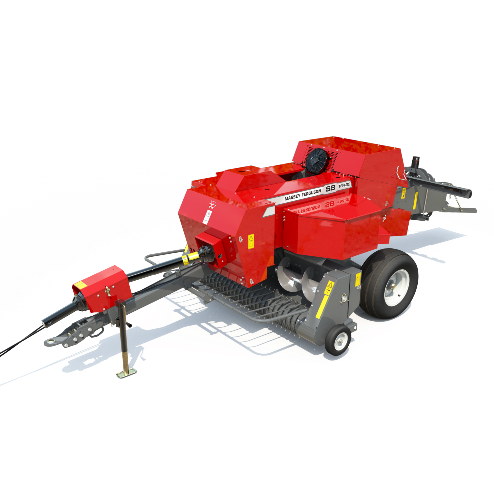
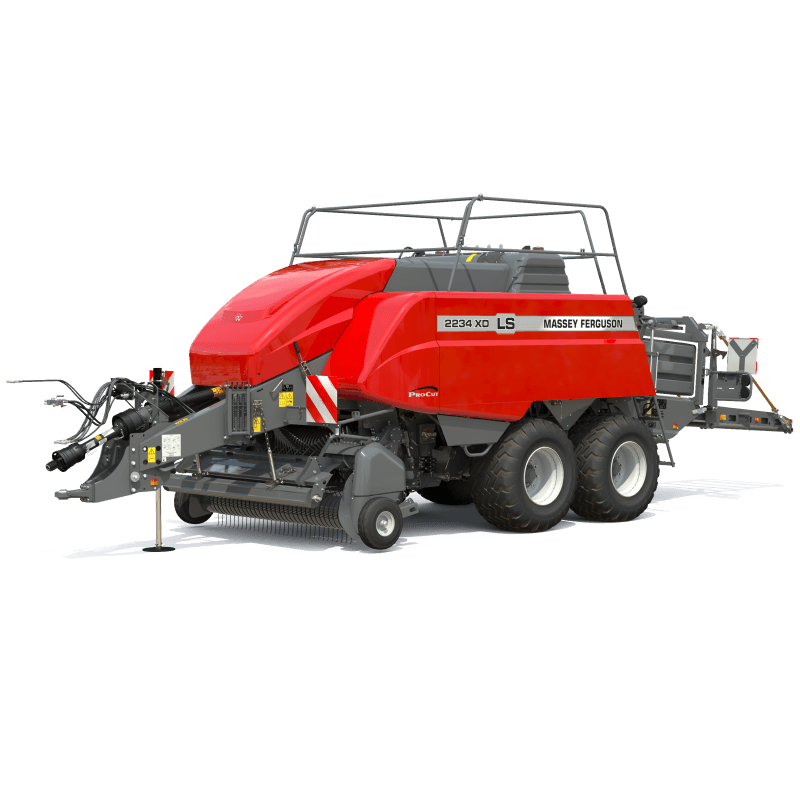
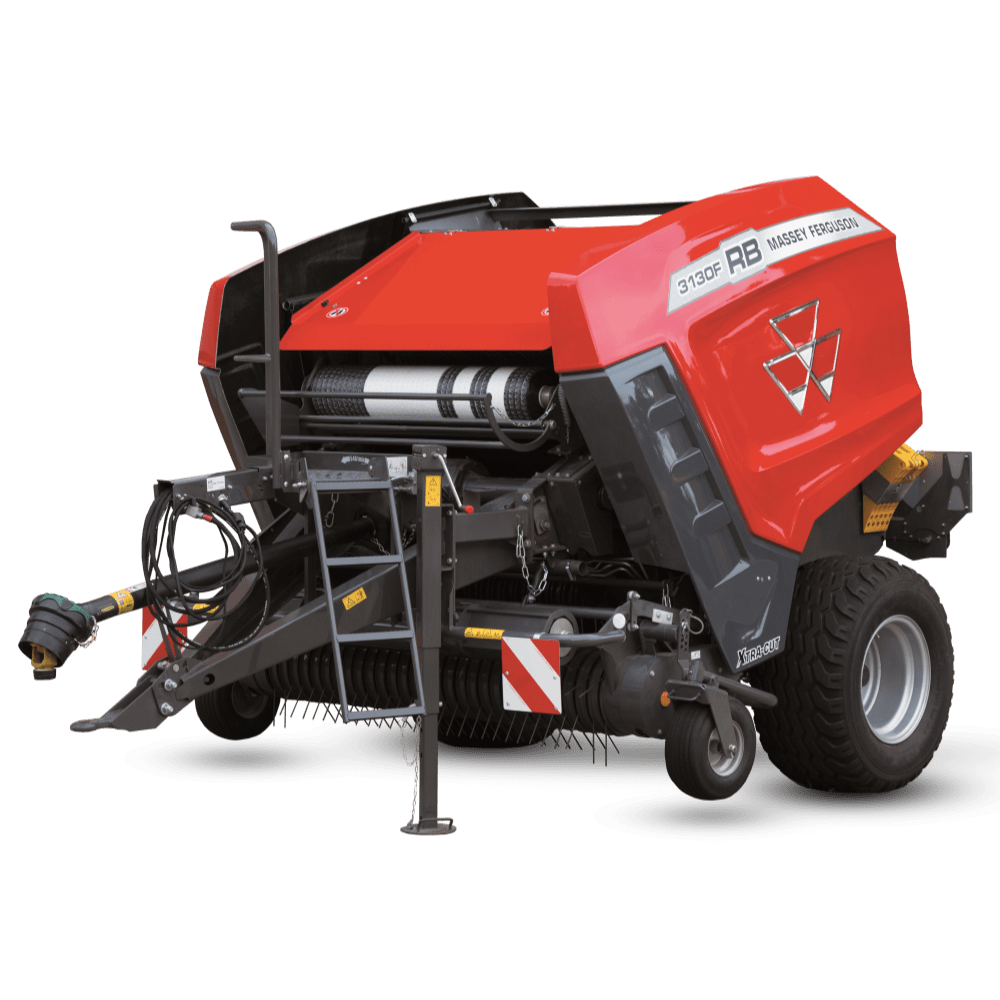
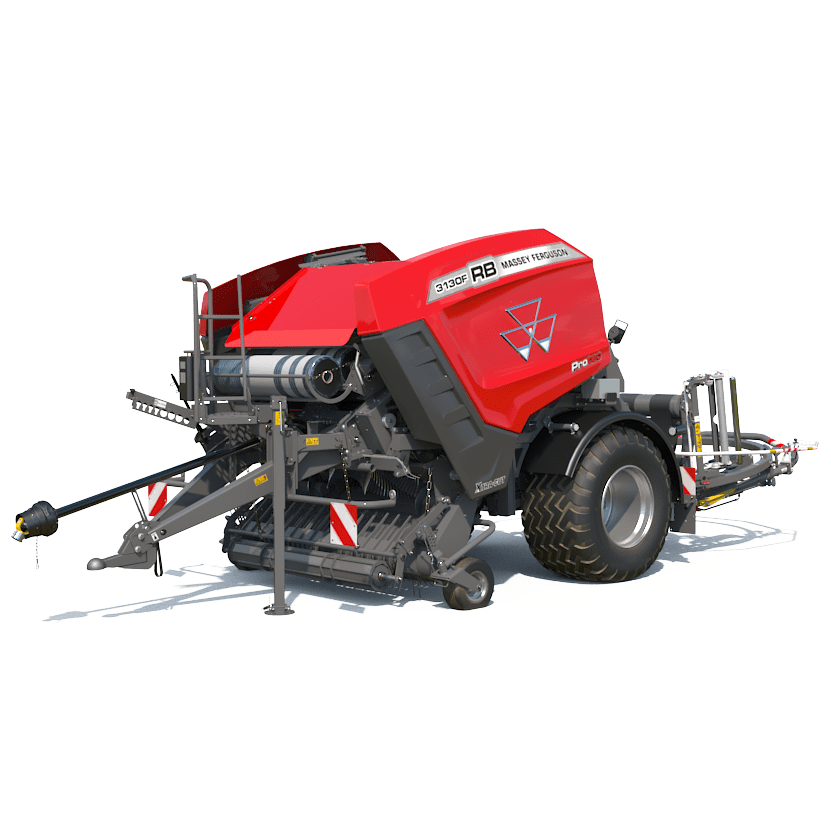
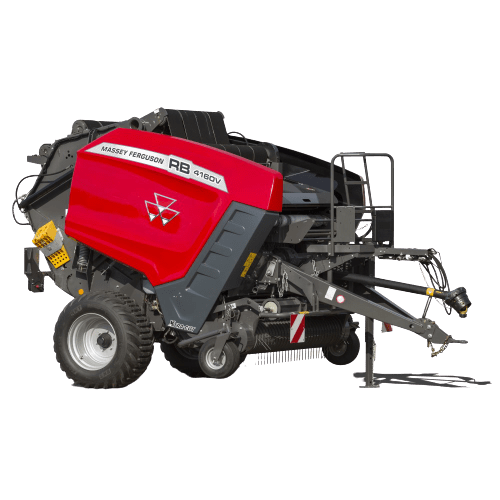


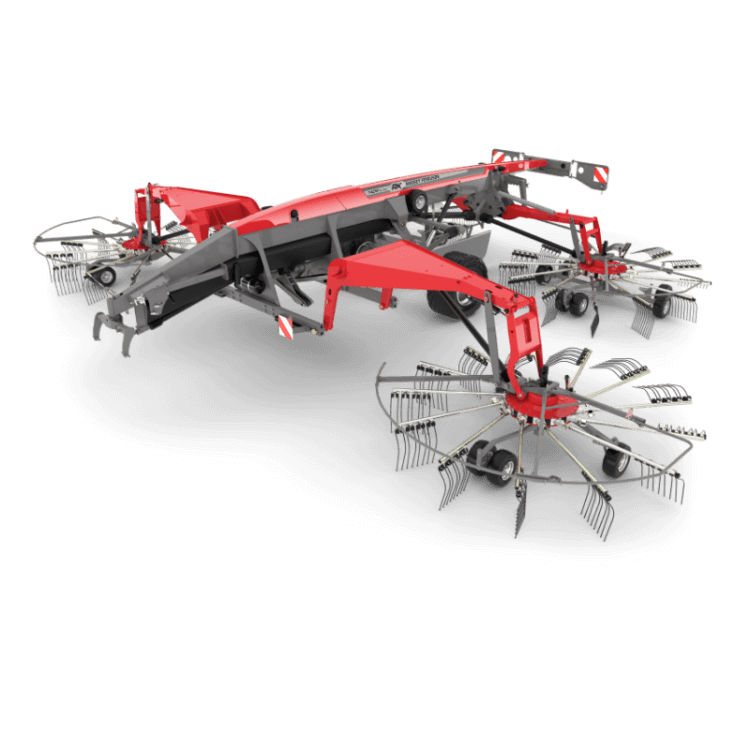
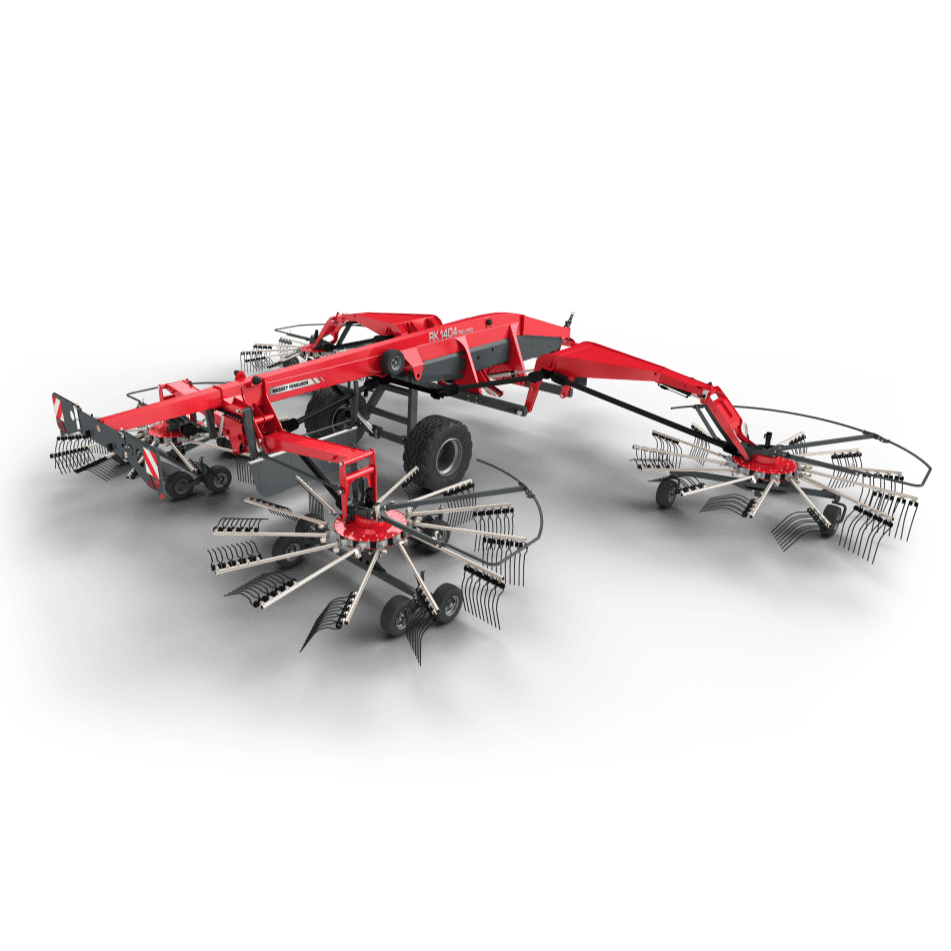

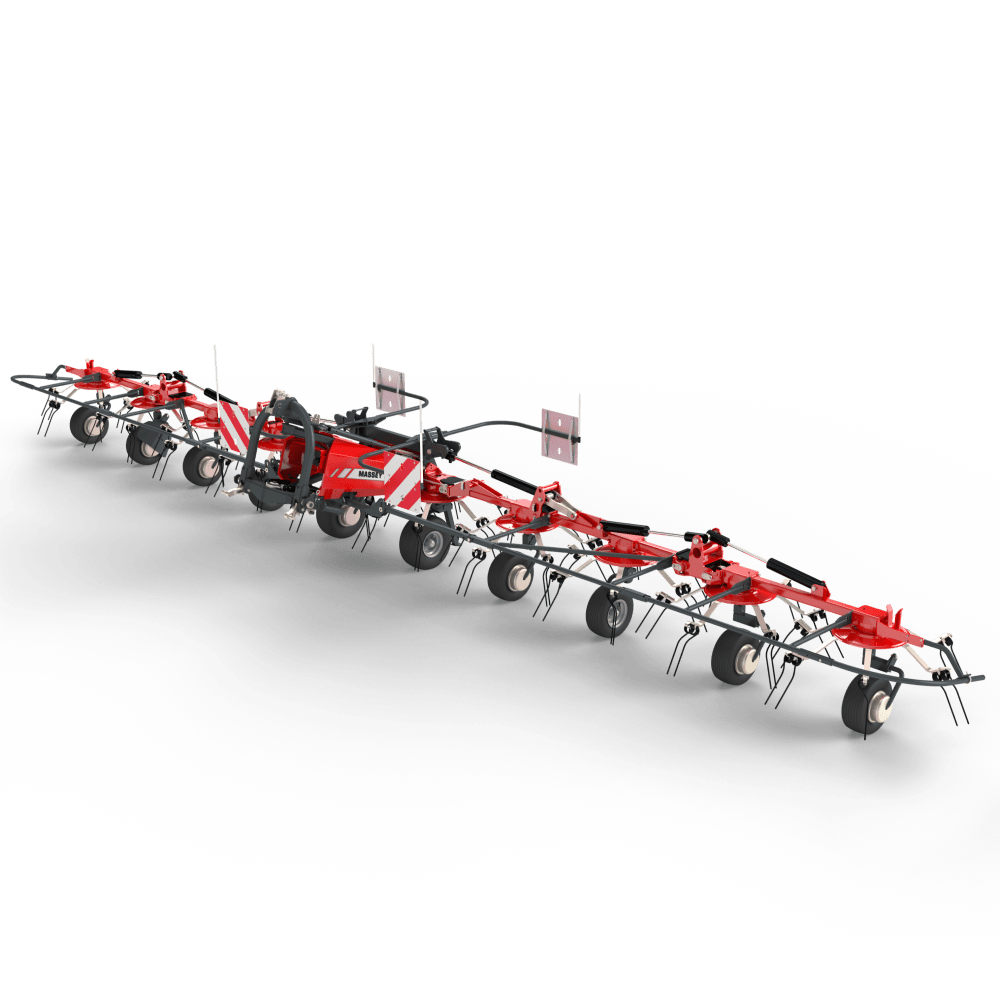



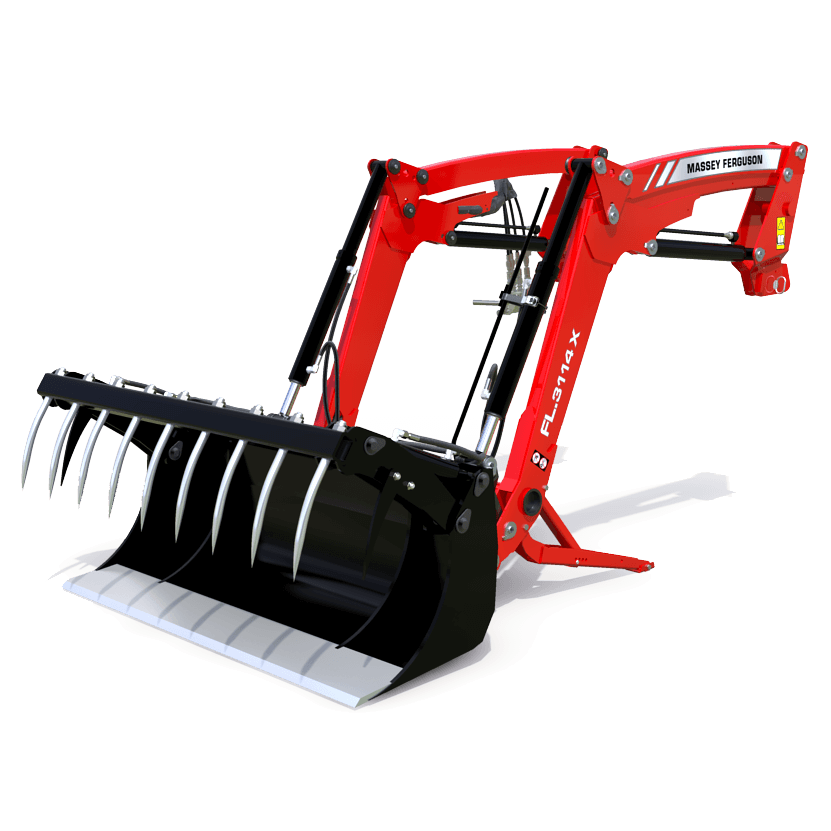
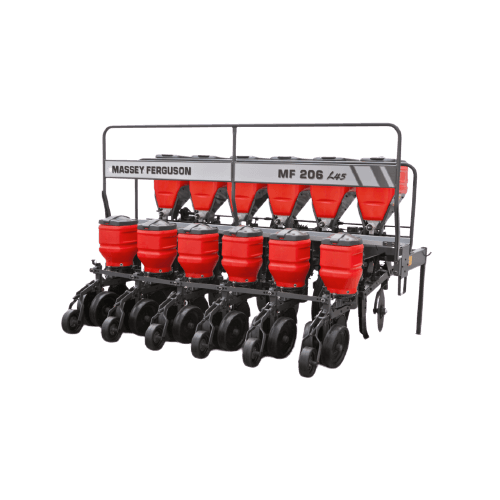

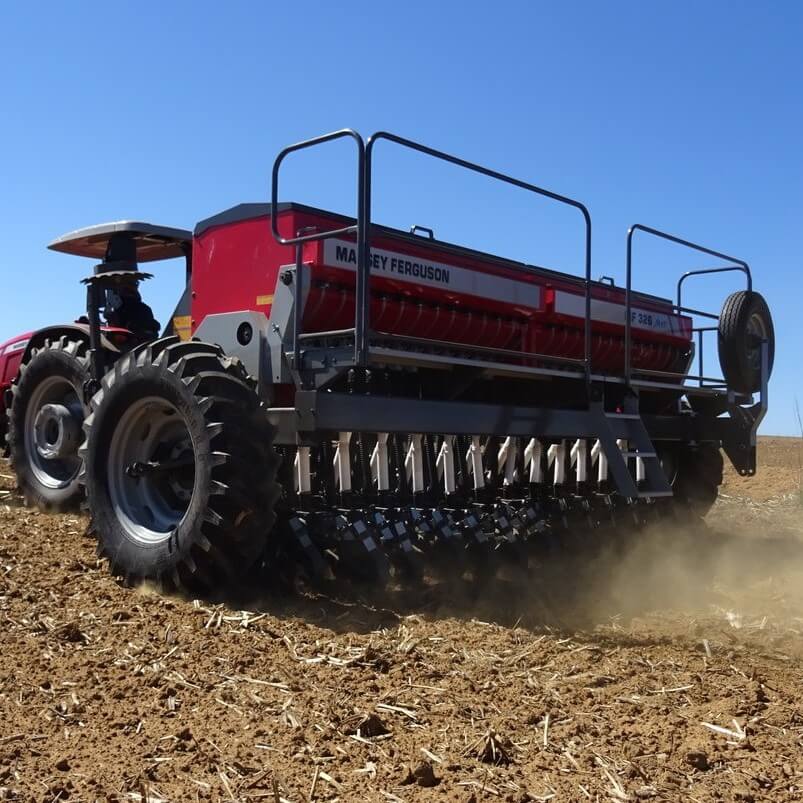
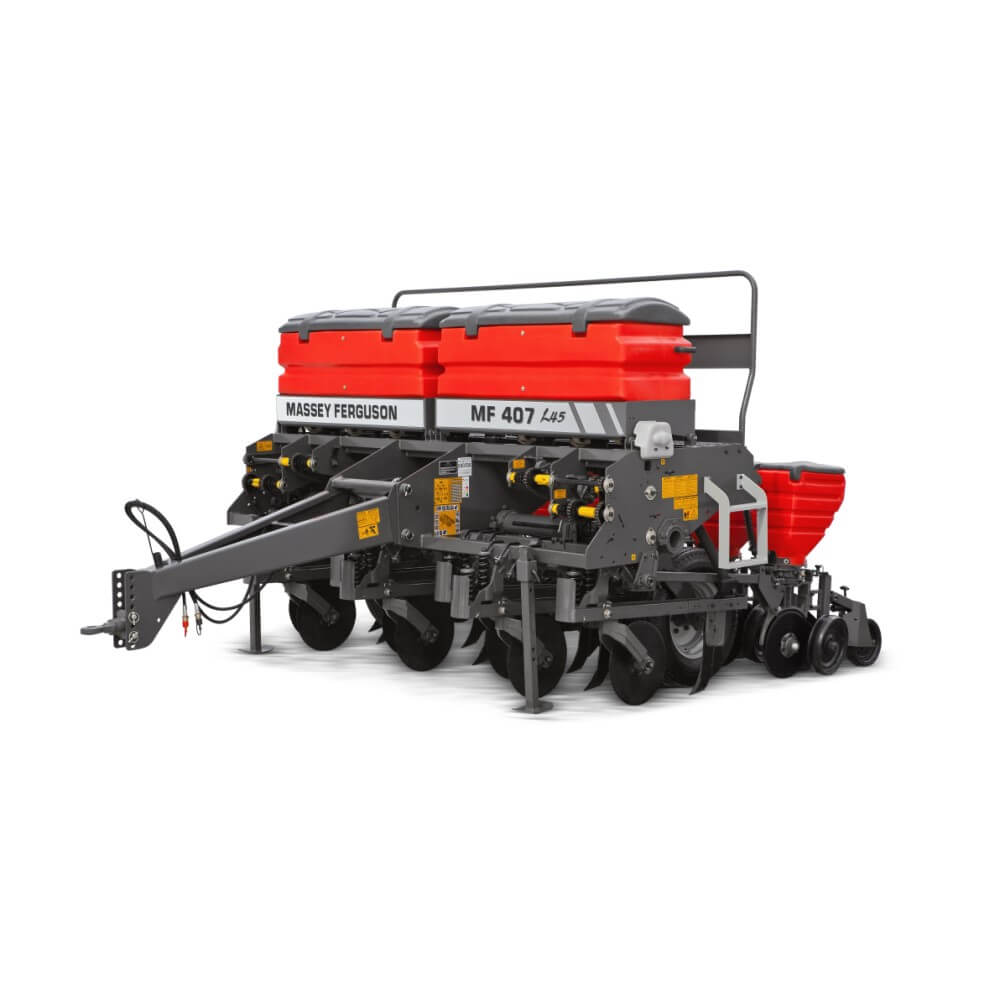
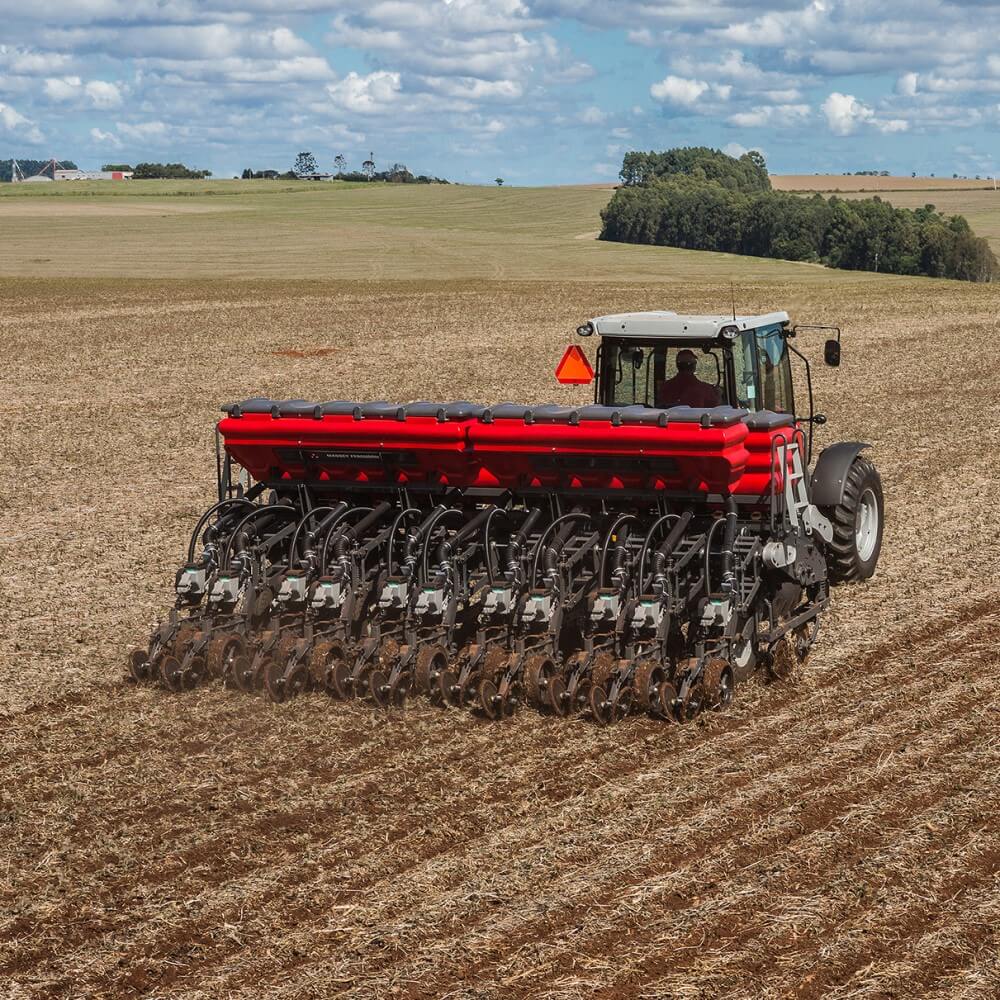
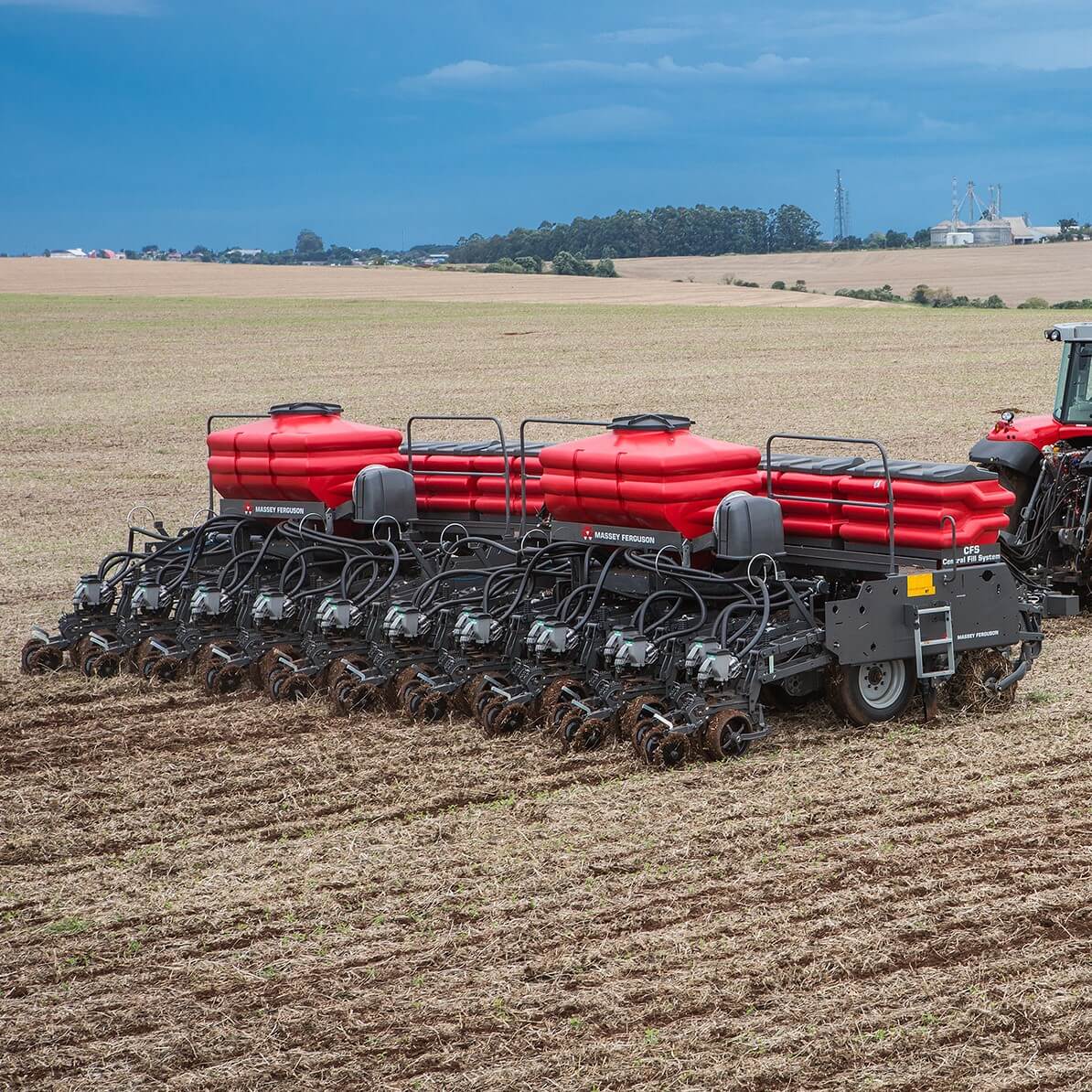
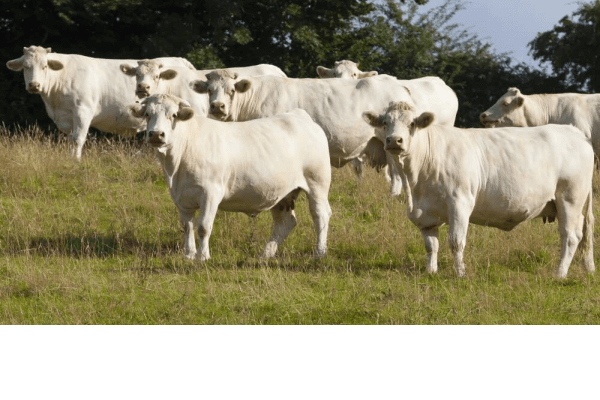


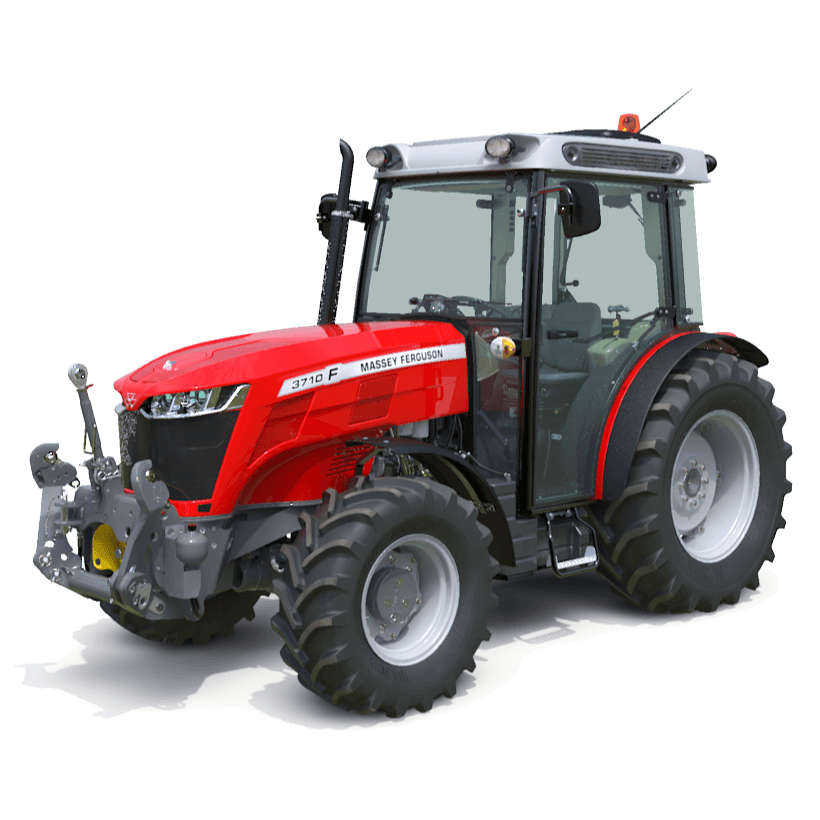

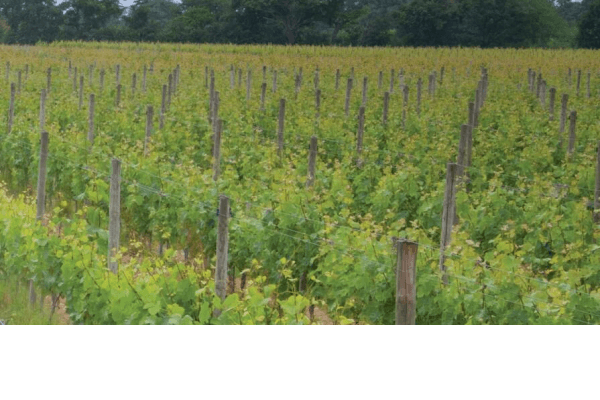
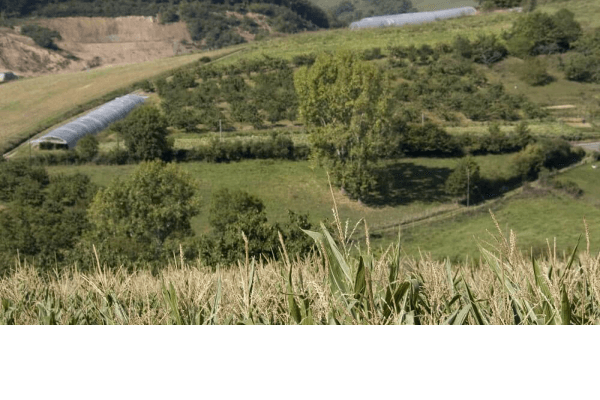
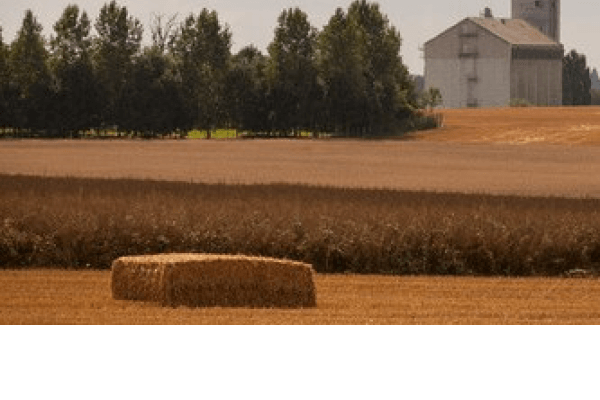

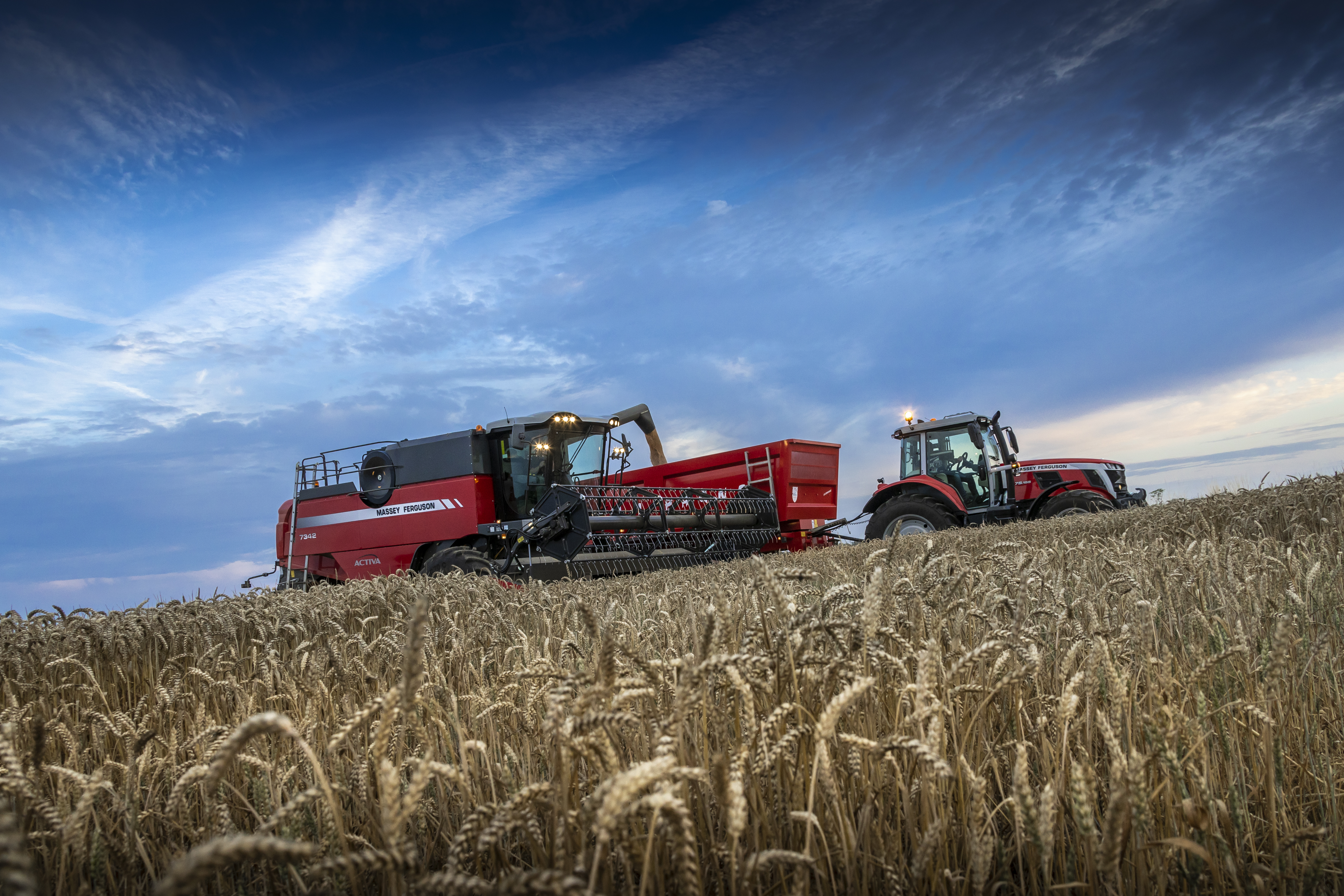
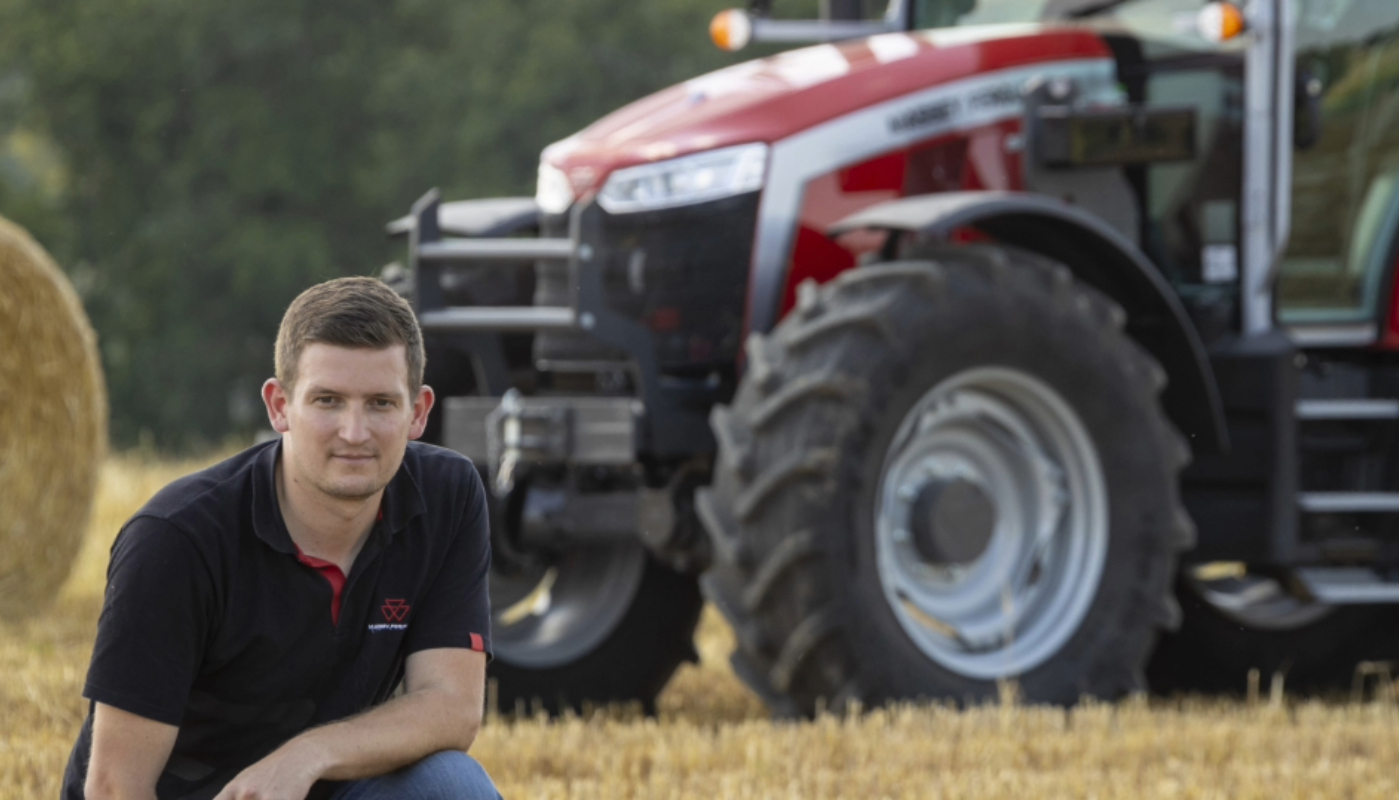

Share